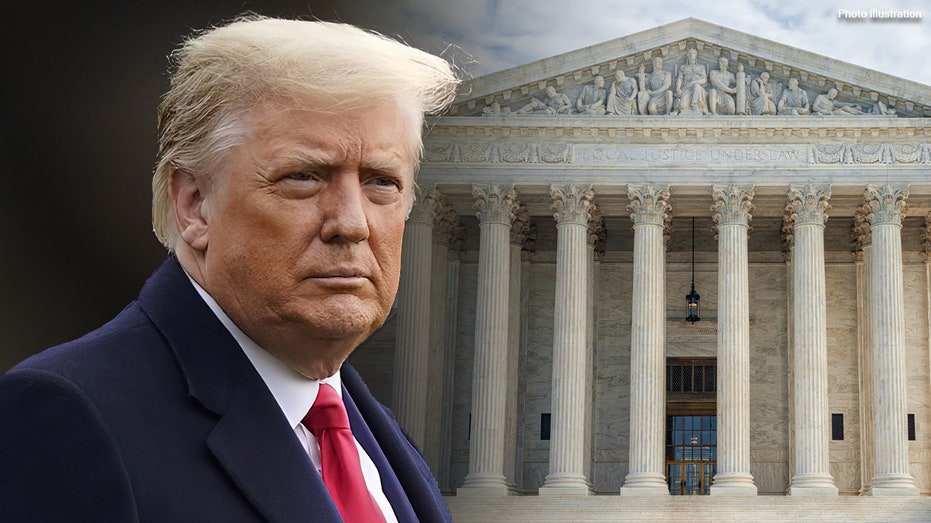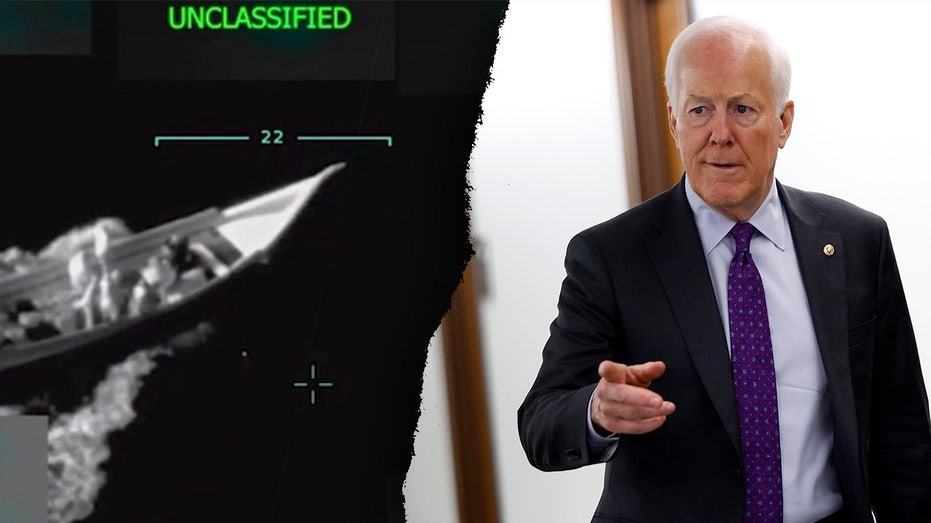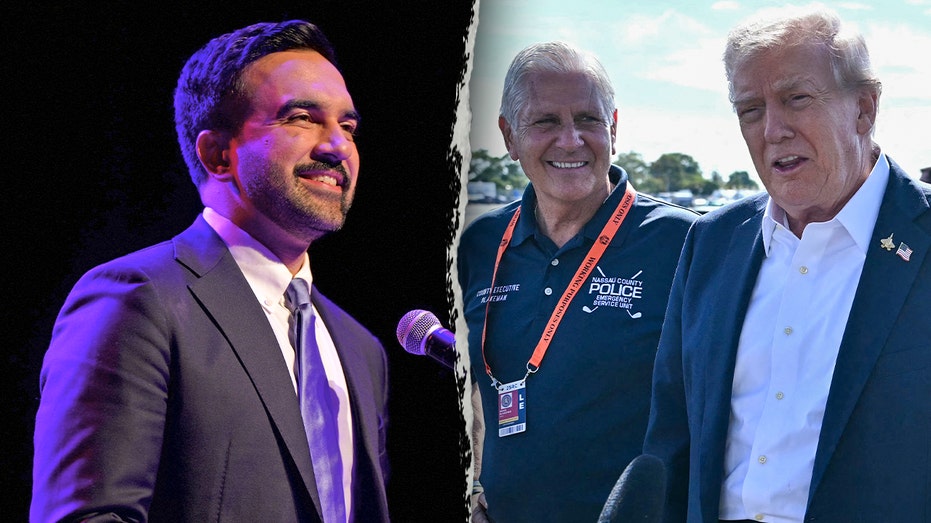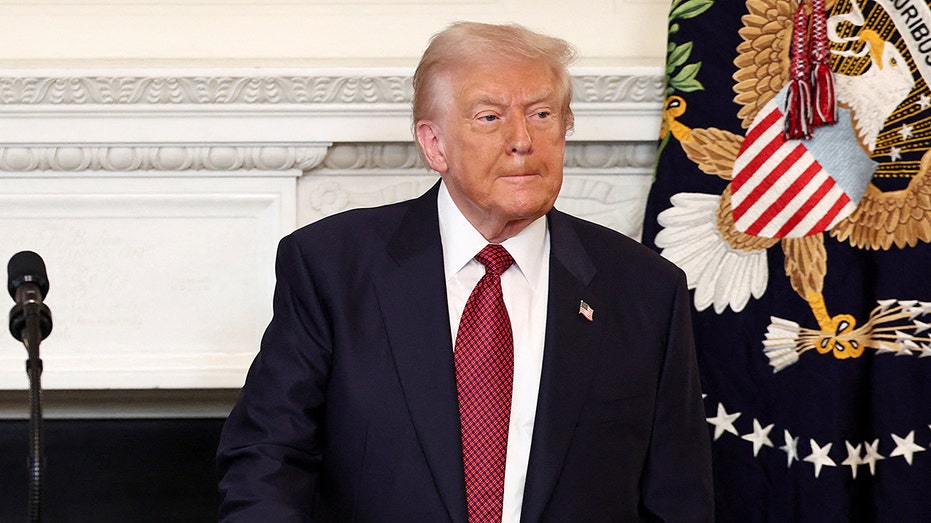The Supreme Court is poised to deliver a landmark ruling with far-reaching consequences, examining the very limits of presidential power. At the heart of the case lies a question of unprecedented scope: can a president unilaterally impose sweeping tariffs on global trade by invoking a national emergency?
Former President Trump utilized the International Emergency Economic Powers Act (IEEPA), a law intended for genuine crises, to enact two significant sets of tariffs impacting nearly all U.S. trading partners. He argued that persistent trade deficits represented a dire threat to national security, justifying his actions under the act.
This case, consolidated asLearning Resources, Inc. v. TrumpandTrump v. V.O.S. Selections, marks a pivotal moment. It’s the first time the Court will fully assess Trump’s policies on their merits, moving beyond temporary rulings issued during his term.
The stakes are exceptionally high, with Trump himself declaring the case “LIFE OR DEATH for our country.” He contends that without the power to impose these tariffs, the U.S. would be vulnerable to exploitation by other nations.
The Justice Department maintains that IEEPA grants the president authority to respond to “unusual and extraordinary threats” and declared national emergencies. They argue denying this tariff authority would leave the nation defenseless against trade retaliation.
However, plaintiffs – a coalition of Democratic states and small businesses – argue this is a dangerous overreach. They point out that IEEPA has never been used to justify tariffs in its 50-year history, and that a decades-long trade deficit hardly constitutes a sudden emergency.
Lower courts have largely sided with the plaintiffs, ruling that the president’s authority under IEEPA is not absolute. A panel of the Court of International Trade determined that Trump’s actions exceeded the bounds of the law.
The Solicitor General warns that overturning the tariffs could have “catastrophic consequences” for national security and global supply chains. But the core of the dispute extends beyond economics.
Legal experts emphasize this is fundamentally a separation of powers issue. The question isn’t simply about tariffs, but about the balance between the executive, legislative, and judicial branches of government.
The ruling could establish a precedent allowing future presidents to invoke national emergencies to bypass congressional review on a wide range of issues. This raises concerns about unchecked executive authority, regardless of who holds office.
As one attorney involved in the case stated, the issue transcends any single president. It’s about defining the constitutional limits of presidential power and safeguarding against potential abuses in the future.
The Court’s decision will not only shape the future of trade policy, but will also resonate through the halls of power, defining the scope of executive authority for generations to come.






